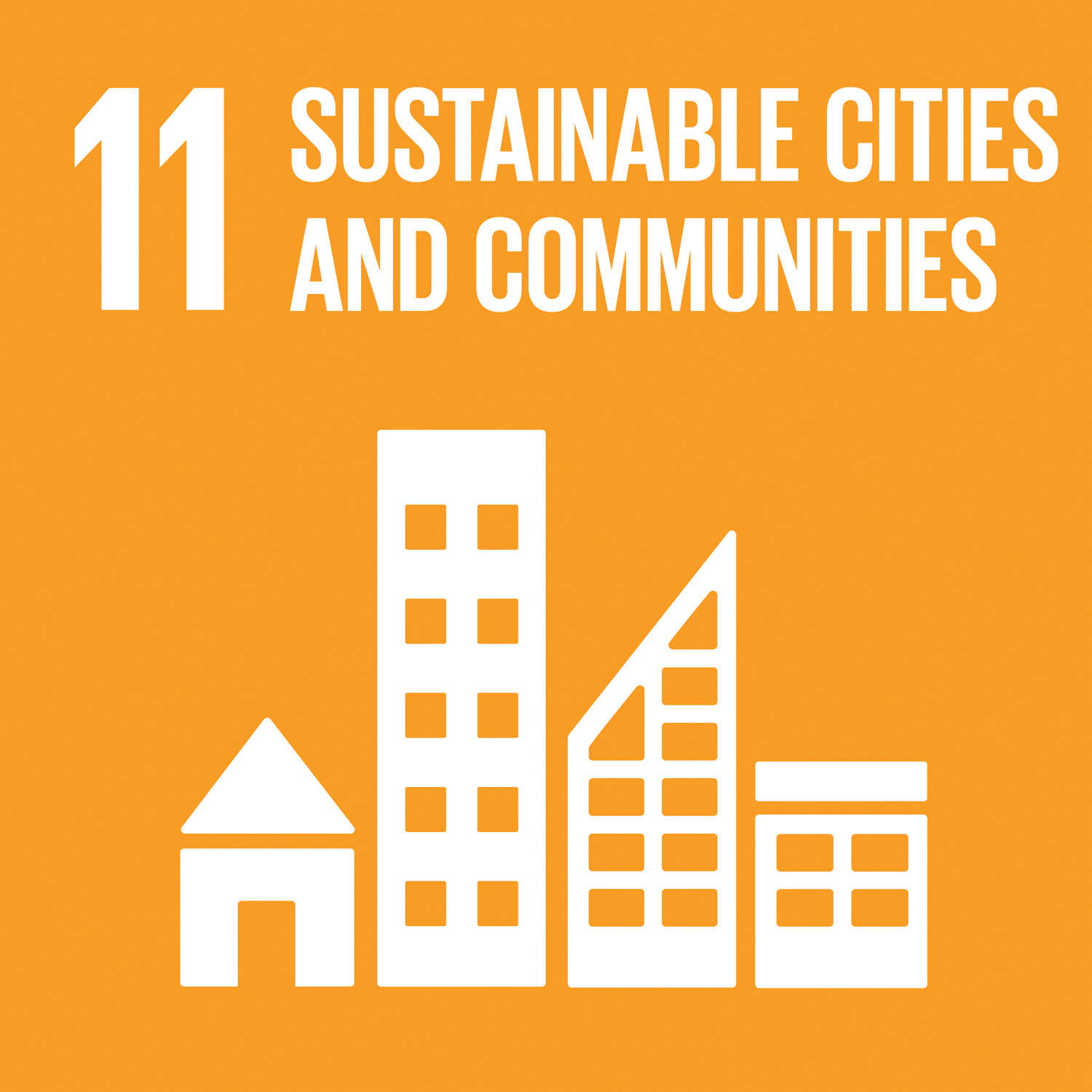
“MAKE CITIES INCLUSIVE, SAFE, RESILIENT AND SUSTAINABLE”
September 13, 2020
UNA Marin #11 Sustainable Cities & Communities
With guest speaker:
– Warren Wells, Marin County Bicycle Coalition
Thank you to everyone who participated in this event!
Learn: What is the situation right now?
-
63% of extremely low-income households are paying more than half of their income on housing costs compared to just 0% of moderate income households.(Ref)
-
Renters in Marin County need to earn $48.46 per hour — 3.5 times the state minimum wage — to afford the average monthly asking rent of $2,520. (Ref)
Marin County 2021 Affordable Housing Needs Report
Impediments / Limitations
[What regional, state, national and global factors limit our progress? Contact us if you would like to contribute to this content.]
Actions
[What actions can we take to support Marin County reaching this Global Goal? Contact us if you would like to help update the content in this box.]
Events
[What local and locally-sponsored virtual events will help Marin County reach this Global Goal? Contact us if you would like to help with content for this box.]
Targets: Where are we trying to get to?
Visit United Nations Website for Original Source of the Targets Below
11.1 By 2030, ensure access for all to adequate, safe and affordable housing and basic services and upgrade slums
11.2 By 2030, provide access to safe, affordable, accessible and sustainable transport systems for all, improving road safety, notably by expanding public transport, with special attention to the needs of those in vulnerable situations, women, children, persons with disabilities and older persons
11.3 By 2030, enhance inclusive and sustainable urbanization and capacity for participatory, integrated and sustainable human settlement planning and management in all countries
11.4 Strengthen efforts to protect and safeguard the world’s cultural and natural heritage
11.5 By 2030, significantly reduce the number of deaths and the number of people affected and substantially decrease the direct economic losses relative to global gross domestic product caused by disasters, including water-related disasters, with a focus on protecting the poor and people in vulnerable situations
11.6 By 2030, reduce the adverse per capita environmental impact of cities, including by paying special attention to air quality and municipal and other waste management
11.7 By 2030, provide universal access to safe, inclusive and accessible, green and public spaces, in particular for women and children, older persons and persons with disabilities
11.A Support positive economic, social and environmental links between urban, peri-urban and rural areas by strengthening national and regional development planning
11.B By 2020, substantially increase the number of cities and human settlements adopting and implementing integrated policies and plans towards inclusion, resource efficiency, mitigation and adaptation to climate change, resilience to disasters, and develop and implement, in line with the Sendai Framework for Disaster Risk Reduction 2015-2030, holistic disaster risk management at all levels
11.C Support least developed countries, including through financial and technical assistance, in building sustainable and resilient buildings utilizing local materials


